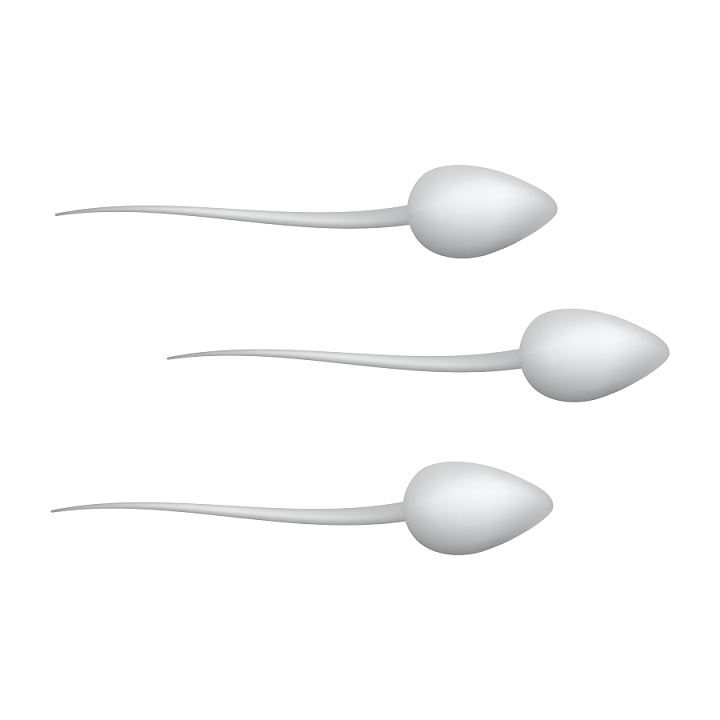
Finding the Right Doctor
December 10, 2019Merry Christmas!
December 25, 2019An excerpt from Fertility & Beyond: Join the Conversation
By Tara Joyner, LPC
The hope is that everybody comes out on the other end of infertility with a baby. But we know that, unfortunately, that’s not always the case.
Certainly, there are other things a couple can pursue such as donor eggs, a gestational carrier, adoption, or choosing not to have children and embracing a fulfilling life as a couple.
But, when the infertility treatments don’t work – there naturally comes a point when you just know it’s time to move on.
The question is: How do you know when that time has come?
This is actually a very individual process. People have different thresholds for what they’re able to endure, and for how long.
Often, a path evolves. So many people start the process and can’t imagine ever considering a donor. Then they go through all the IVF treatments that haven’t worked – and they’ve been at it for so long…
All of a sudden, their brain allows them to open up to that possibility, which was completely off the table earlier on in the process.
It becomes more tolerable based on the journey to this point.
Next, maybe the donor cycle doesn’t work, and your brain lets you go a little bit further.
Your tolerance level – and what you’re willing to do – sort of changes based on what you’ve already been through. It’s an emotional process that sort of finds its own course.
Yesterday, you may have never thought something (like donor eggs or a gestational carrier) was an option, but today, you wake up with a fresh perspective and decide, “Hey, you know what…let’s consider X.”
Or perhaps you wake up and just have this sense of acceptance that you’re done and ready to move on.
Ultimately, for some couples, they decide they’re “done” after the beginning stages of treatment. For others, they have exhausted every available option before they finally say, “we’re finished.” There’s not a guideline for when this happens. You just sort of “know” what’s right for you and when/if it’s time to call it quits.
Quite often, it’s after you’ve gone through much more than you ever thought you were capable of handling! Once that happens, the next step is working on processing the grief that’s associated with it.
There’s grief when you realize you need help to conceive.
There’s grief in the IVF process. The fact that something is being created outside of your body, and you may feel out of control.
There’s grief for the donor process.
There’s grief at every milestone, and it takes some time – and some work – to process it at each step. Fortunately, your brain has an interesting way of coping with it and adapting.
So, when you feel like you just can’t take it anymore…your body is tired…your heart is hurting… and you truly just feel like you can’t do it anymore… that’s when you’ll know it’s time to move on.
There may come a day when you simply say, “Okay, I’ve hit my limit. I didn’t think this day would come, but I’m done… and I’m going to be okay.”
About Tara Joyner, LPC
Background:
When Tara was an undergraduate at Texas A&M, she worked in a women’s health facility processing difficult topics with patients. Later, she moved into clinical research while in graduate school. There she discovered her passion for women’s health and the associated emotional components. This motivated her to go to into private practice.
Tara began seeing a variety of patients in her practice. Having gone through infertility herself where she had in vitro resulting in twins, she became involved with a fertility clinic and became a fervent advocate helping people through their process.
With her firsthand experience and training, she found that she had the necessary level of empathy and knowledge of all the acronyms and industry terms, nurturing people as they navigate the waters.
Contact Information : http://www.TaraJoynerLPC.com
Get your copy of Fertility and Beyond: Join the Conversation on Amazon.





